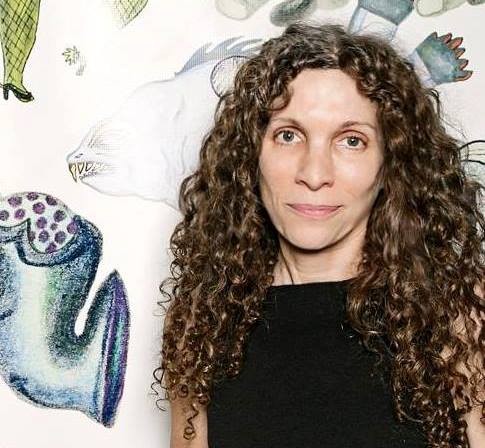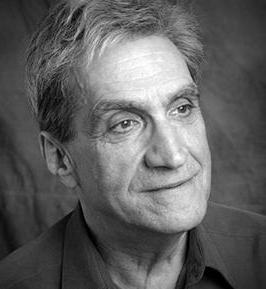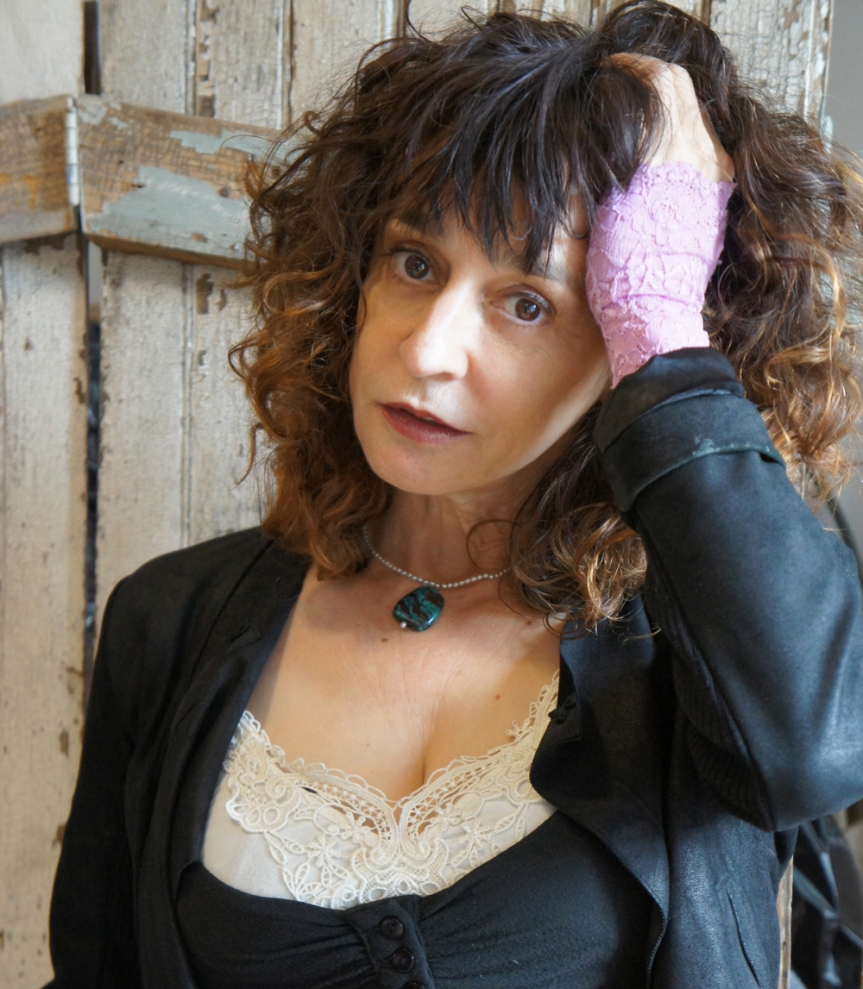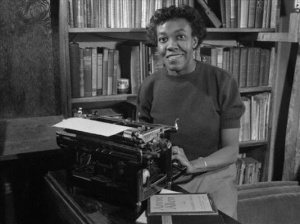 If Amy Newman’s On This Day in Poetry History is topping your must-read list, you’re certainly not alone. Poetry lovers here at EPL have been clamoring for a copy since the summer, and demand for her follow-up to Dear Editor only continues to grow. Described as a “dazzling new collection” by the NY Times, On This Day in Poetry History finds Newman exploring the lives of poetry heavyweights such as Sylvia Plath, Robert Lowell, Elizabeth Bishop, and John Berryman in search of that elusive “moment when a person becomes a poet.” A wholly innovative mix of biography and stunning verse, Newman’s latest showcases what Image praised as her “true mastery [of the] ability to play with language.” We recently spoke with the Northern Illinois University professor via email about rediscovering poetry in Manhattan, the history and allure of the “Confessional” poets, the challenges of biographical poetry, and how her favorite poem from the book came into being.
If Amy Newman’s On This Day in Poetry History is topping your must-read list, you’re certainly not alone. Poetry lovers here at EPL have been clamoring for a copy since the summer, and demand for her follow-up to Dear Editor only continues to grow. Described as a “dazzling new collection” by the NY Times, On This Day in Poetry History finds Newman exploring the lives of poetry heavyweights such as Sylvia Plath, Robert Lowell, Elizabeth Bishop, and John Berryman in search of that elusive “moment when a person becomes a poet.” A wholly innovative mix of biography and stunning verse, Newman’s latest showcases what Image praised as her “true mastery [of the] ability to play with language.” We recently spoke with the Northern Illinois University professor via email about rediscovering poetry in Manhattan, the history and allure of the “Confessional” poets, the challenges of biographical poetry, and how her favorite poem from the book came into being.
An Interview with Poet Amy Newman
December 2, 2016

 This month for Poetry 365 we’re highlighting Robert Pinsky’s masterful new book
This month for Poetry 365 we’re highlighting Robert Pinsky’s masterful new book  This month for Poetry 365 we’re featuring the unforgettable second collection from Chinaka Hodge. In
This month for Poetry 365 we’re featuring the unforgettable second collection from Chinaka Hodge. In  This month for Poetry 365 we’re featuring Kim Addonizio’s eclectic new book
This month for Poetry 365 we’re featuring Kim Addonizio’s eclectic new book 
